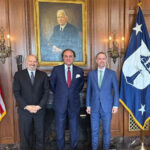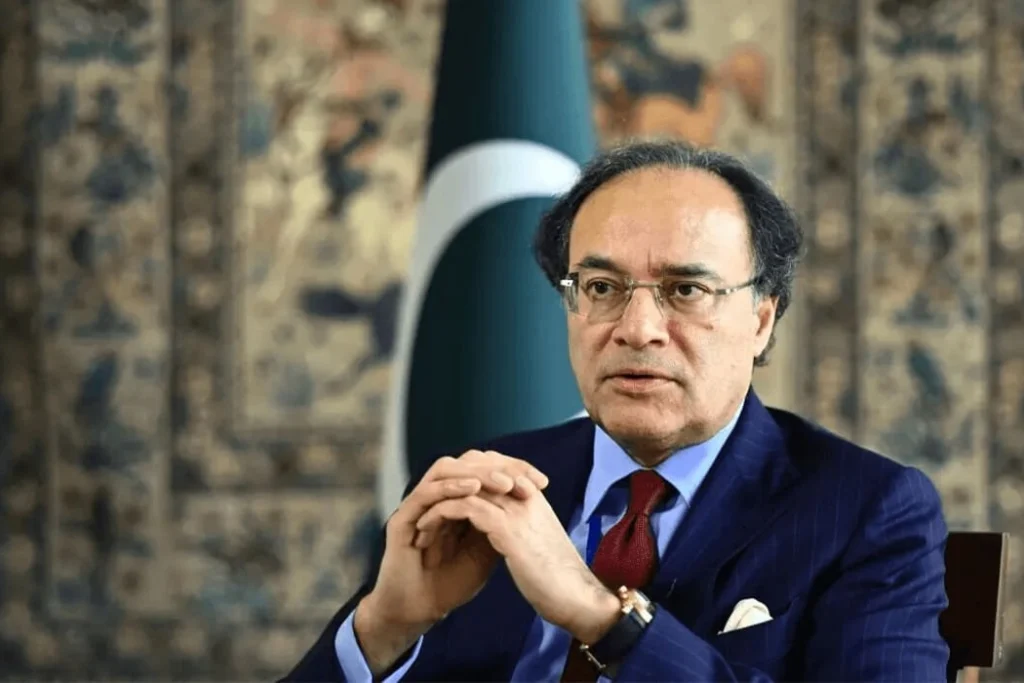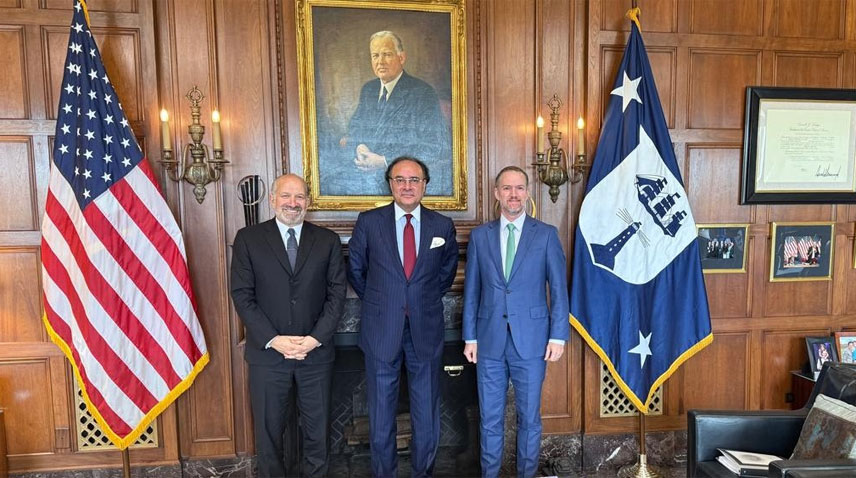Islamabad, May 30, 2025 — Pakistan and the United States have officially commenced negotiations to address the recently imposed reciprocal tariffs by the U.S., marking a pivotal moment in bilateral trade relations. The discussions were initiated through a telephonic conference between Pakistan’s Finance Minister Muhammad Aurangzeb and U.S. Trade Representative Ambassador Jamieson Greer.
The U.S. had earlier announced a 29% tariff on Pakistani exports, citing a $3 billion trade surplus and aiming to rectify perceived trade imbalances. These tariffs were part of a broader strategy under President Donald Trump’s “Liberation Day” tariffs, which introduced a 10% baseline tariff on all imports and higher rates for specific countries.
In response, Pakistan has proposed a zero-tariff bilateral trade agreement on selected tariff lines, aiming to expand trade across multiple sectors. This proposal is seen as an effort to not only mitigate the impact of the new tariffs but also to strengthen economic ties with the U.S.
Commerce Minister Jam Kamal highlighted that Pakistan is offering concessions to U.S. companies to invest in its mining sector, particularly in Balochistan. These concessions include lease grants and joint ventures with local companies, providing opportunities for U.S. businesses in projects like the Reko Diq copper and gold mine.
The initial discussions between the two nations were described as constructive, with both sides agreeing to engage in detailed technical-level talks in the coming weeks. Advisor to the Finance Minister, Khurram Schehzad, expressed confidence in advancing the negotiations toward a successful conclusion.
These negotiations come at a time when the U.S. Court of International Trade has ruled that the reciprocal tariffs imposed by the Trump administration exceeded presidential authority, ordering their cancellation. However, the decision is subject to appeal, and the tariffs remain in effect pending further legal proceedings.
Pakistan views the current situation as both a challenge and an opportunity to reset trade ties with the U.S., aiming to enhance export-led growth and attract foreign investment. The outcome of these negotiations will be crucial in shaping the future of Pakistan-U.S. economic relations.
#PakistanUSTrade #ReciprocalTariffs #TradeNegotiations #ZeroTariffProposal #MiningInvestment #RekoDiqProject #USPakistanRelations #EconomicDiplomacy #TradePolicy #BilateralTalks

















